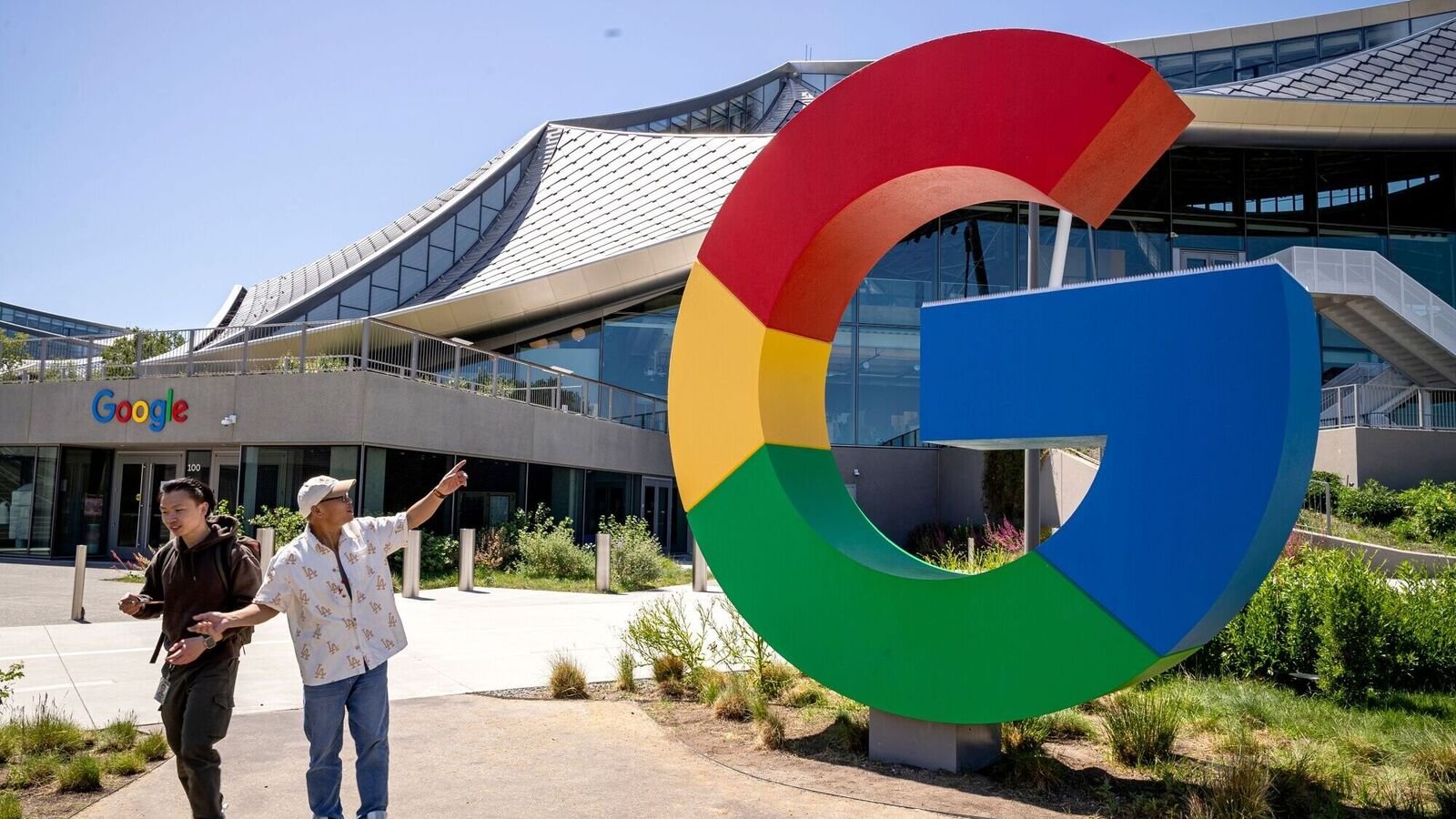Google became one of the world’s largest companies by building the world’s most popular internet search engine. But the advent of AI has spawned an army of rivals ready to upstage its monopoly. Now, with OpenAI showcasing SearchGPT, should Google be scared?
Is SearchGPT really novel?
Not really. Microsoft’s Bing—incidentally powered by OpenAI’s generative pre-trained transformer (GPT) foundational AI models—has already showcased the practical uses of a generative AI-driven search and browsing experience. SearchGPT remains within that ambit, but seeks to improve it by ensuring that the AI search algorithm remembers queries for follow-ups. As a result, SearchGPT has so far been advertised as an early-stage experiment to see how generative AI might be fitted into commercial search products. This would be key to see how the future of search can be monetized by Big Tech.
Can Google keep pace?
Well before SearchGPT, Google had unveiled a Search Generative Experience as an internal test product. And in May, it expanded the scope of new features on AI-powered search that uses its latest AI model—Gemini. The essence of Google’s AI-powered search experience is the same as that of SearchGPT. However, the key difference is that while Google has dominated the search space so far, competitors with similar interfaces and algorithmic prowess could out-muscle Google in an industry that it monopolizes globally. To be sure, neither Google’s nor OpenAI’s new search platform is openly available yet.
Who are the other competitors?
Bing is perhaps the best known among Google and OpenAI competitors. Another is the startup Perplexity AI, backed by Nvidia and Jeff Bezos, among others. Smaller, independent competitors include privacy-centred browser Brave’s AI search feature, You.com’s AI search, Komo, Phind and Waldo. But none have the deep pockets of Google, Microsoft and OpenAI.
Can this change how we use the internet?
Yes. A big change will come in the way search and targeted ads work. Today, search engine service providers track internet activity and serve ads based on your usage. In return, they earn commissions from advertisers. In a chatbot-like platform, this changes due to the interface design. This could make a huge impact: over half of Google parent Alphabet’s annual revenue each year comes from Search. For users, the big change could be finding new websites—AI chat interfaces could more closely control information sources.
Why should Google be worried?
Between April and June, Google earned $48.5 billion from its search business. Safe to say, much of its core business is dependent on search. The AI search race could be won by whoever has the better, more powerful AI model. OpenAI’s GPT-4o, Meta’s Llama 3.1 and Anthropic’s Claude 3.5 Sonnet are in line to challenge and outperform Google’s Gemini 1.5 Pro in search today. Google has user stickiness and repute on its side—while OpenAI is new, it’s unlikely to oust Google, which has 30 years of dominance, overnight.


